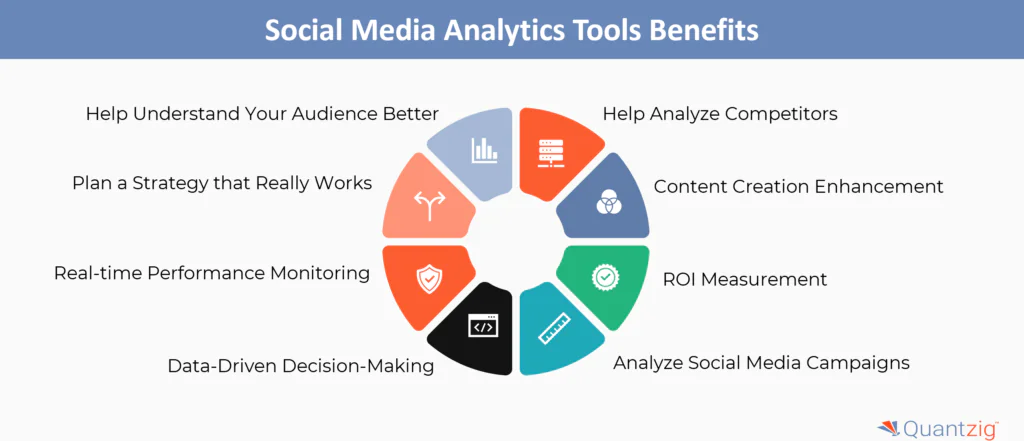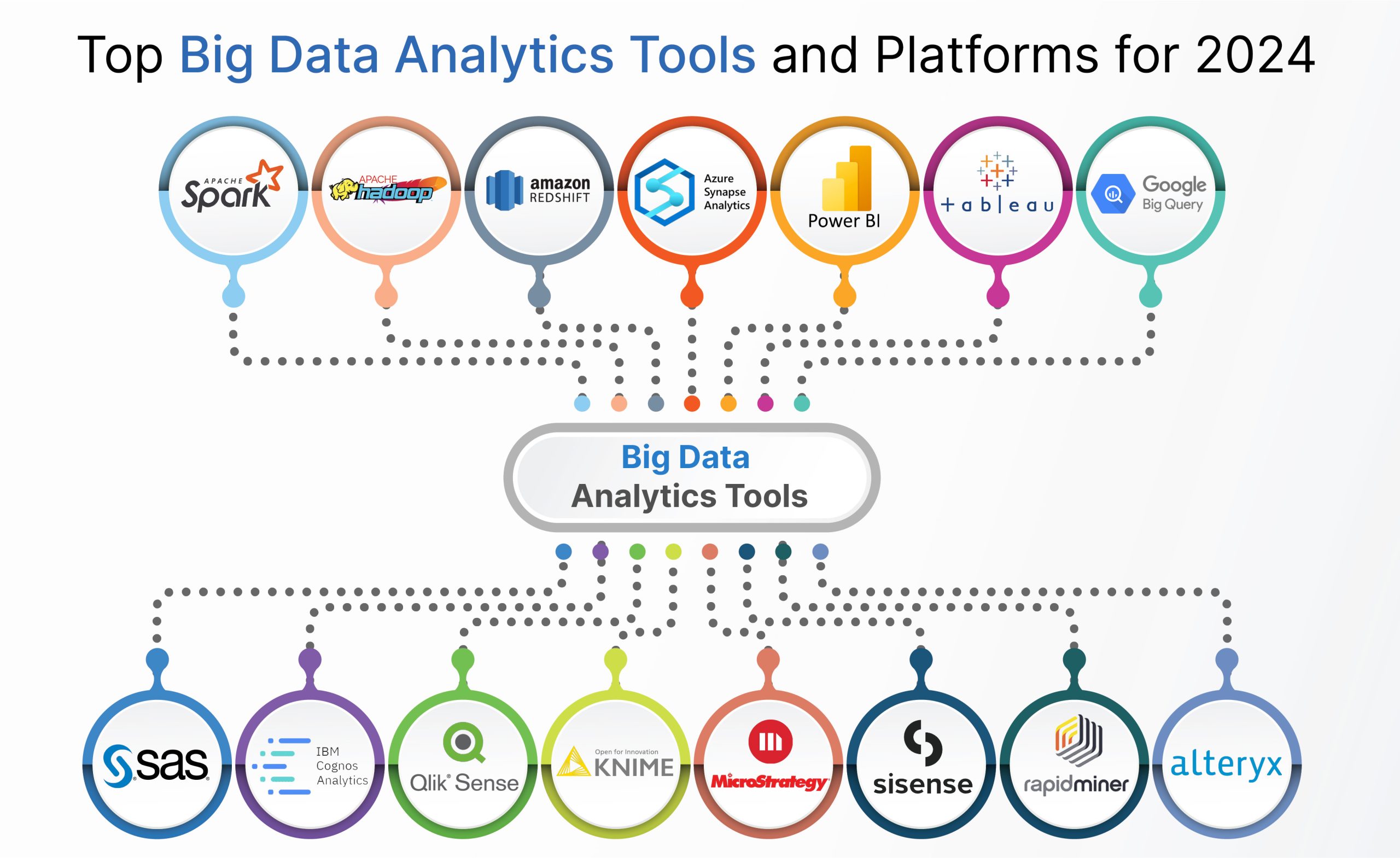Enhance ROI and Efficiency Through Strategic Analytics Planning
Enhance ROI and Efficiency Through Strategic Analytics Planning
Blog Article
Make Best Use Of Growth: How Analytics Drive Better Techniques
In today's data-driven landscape, companies progressively recognize the crucial function of analytics fit effective development strategies. By using data insights, companies can fine-tune their functional methods, prepare for market modifications, and improve consumer engagement. The difficulty exists not only in gathering data however in properly interpreting it to drive concrete end results. As we check out the vital benefits and methods linked with analytics, a crucial inquiry emerges: exactly how can companies guarantee they are leveraging these understandings to unlock their complete possibility? The answer may redefine the future of calculated planning.
Understanding Information Analytics
Information analytics is a methodical computational analysis of data that allows companies to discover significant patterns and understandings. This procedure incorporates a selection of strategies, consisting of analytical evaluation, anticipating modeling, and information mining, which jointly aim to transform raw information into actionable information - Analytics. By employing these techniques, companies can make educated choices that are rooted in empirical proof instead of intuition alone
The foundation of information analytics lies in its capability to take care of vast quantities of details from varied sources. This includes structured information, such as data sources, and unstructured data, including social networks interactions and customer feedback. Via the use of specialized software and devices, experts can draw out and refine this data successfully, recognizing patterns and correlations that might not be instantly noticeable.
Understanding data analytics also includes recognizing the importance of information quality and honesty. Accurate and reliable data is important for purposeful evaluation; thus, companies should implement robust information administration practices. Furthermore, the repetitive nature of analytics allows for continuous improvement and improvement of methods, making sure that organizations stay agile when faced with changing market characteristics and customer habits.
Secret Benefits of Analytics

One of the key benefits of analytics is its capability to give workable understandings. Organizations can quickly evaluate large amounts of data, uncovering patterns that may not be right away obvious. This aids in expecting market changes and adapting methods appropriately. Furthermore, analytics promotes a society of evidence-based decision-making, reducing dependence on instinct and guesswork.
One more significant benefit is enhanced consumer understanding. Analytics tools enable companies to segment their target market, track consumer actions, and individualize advertising and marketing initiatives. This targeted method not just enhances customer involvement however also drives greater conversion rates.

Implementing Analytics Techniques
To completely redirected here understand the advantages of analytics, companies need to embrace organized techniques for execution. This starts with clearly defining goals that line up with more comprehensive business goals. By developing specific, quantifiable outcomes, companies can focus their analytics initiatives on locations that produce the highest roi.
Following, companies should prioritize data administration to make certain the integrity and safety and security of the information being examined. This entails establishing up protocols for data collection, storage, and access while sticking to appropriate policies. Ensuring Learn More high-grade information is important for producing purposeful understandings.
In addition, cultivating a culture of data-driven decision-making is important. This needs training workers to translate analytics findings and encouraging cooperation throughout divisions. When groups comprehend the value of analytics, they are most likely to incorporate understandings right into their everyday operations.
Finally, organizations should routinely review and fine-tune their analytics strategies. The landscape of information and modern technology is constantly evolving, and remaining versatile will permit companies to take advantage of new devices and methods efficiently. By implementing these organized techniques, organizations can make best use of the effect of their analytics efforts and drive lasting growth.
Devices for Efficient Evaluation
Efficient evaluation counts on a range of tools that help with the removal of understandings from information - Analytics. These tools can range from simple spread sheet applications to sophisticated maker learning systems, each serving a special purpose in the analytical process
Information visualization software application, such as Tableau and Power BI, plays a critical role in transforming complicated datasets right into easy to understand graphical representations. These devices enable analysts to recognize patterns and patterns quickly, enabling for even more enlightened decision-making.
Analytical analysis software application, like R and SAS, supplies advanced capabilities for carrying out thorough evaluations, including regression, hypothesis testing, and predictive modeling - Analytics. These functions equip companies to attract purposeful conclusions from their data, identifying potential opportunities and dangers
Moreover, data source monitoring systems such as SQL and NoSQL data sources give the needed framework for saving and quizing huge quantities of information efficiently. They make sure that information is arranged and easily accessible for evaluation.
Finally, service intelligence systems integrate numerous information sources, offering a detailed sight of organizational performance. By utilizing these devices effectively, companies can improve their analytical capacities, enabling them to create approaches that make the most of development and boost total efficiency.
Study of Success
Effective companies frequently leverage information analytics to drive impactful methods, as confirmed by numerous notable instance studies. By using these insights, Netflix has actually effectively tailored its content recommendations, resulting in browse around these guys enhanced individual interaction and customer retention.

Additionally, Starbucks utilizes information analytics to determine optimal store areas and fine-tune its product offerings. By taking a look at consumer demographics and purchasing patterns, Starbucks successfully determines high-potential markets and tailors its food selection to neighborhood preferences, driving sales and customer loyalty.
These instance researches illustrate that effective utilization of data analytics can cause tactical benefits, cultivating advancement and development within organizations throughout different industries.
Final Thought
In verdict, the integration of analytics into business strategies significantly enhances decision-making processes and cultivates lasting growth. By leveraging data-driven insights, services can recognize patterns, anticipate market shifts, and maximize procedures. The reliable implementation of analytics tools additionally sustains agility and technology, enabling organizations to navigate competitive landscapes with better accuracy. Inevitably, a dedication to analytics not only drives immediate performance enhancements but additionally safeguards long-term success in an ever-evolving industry.
Data analytics is a methodical computational evaluation of data that allows organizations to discover purposeful patterns and insights.Understanding data analytics additionally entails recognizing the importance of data quality and integrity. Precise and trustworthy data is vital for meaningful evaluation; hence, organizations must execute robust information administration methods.Next, organizations ought to focus on information governance to ensure the stability and safety of the information being analyzed.Successful organizations usually take advantage of data analytics to drive impactful methods, as confirmed by numerous notable situation studies.
Report this page